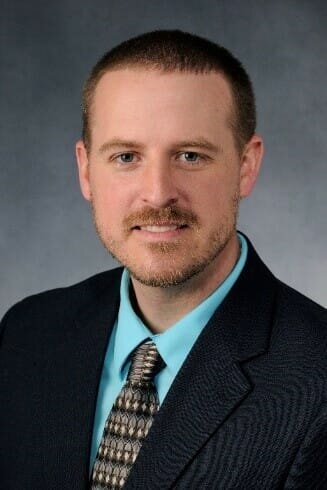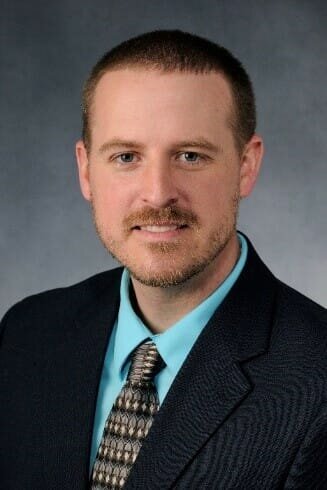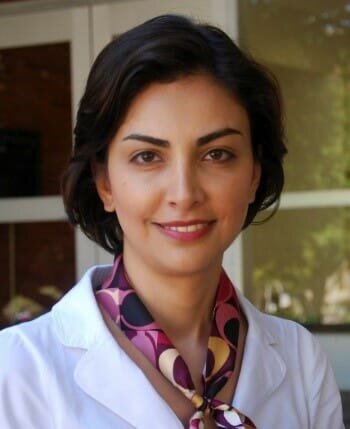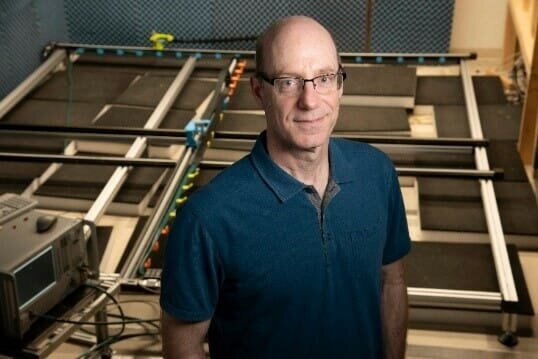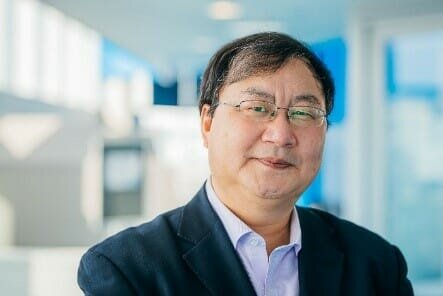Five world-leading researchers have been announced as shortlisted nominees for the Institution of Engineering and Technology’s (IET) prestigious £350,000 A F Harvey Engineering Research Prize.
The prize is awarded annually in recognition of an outstanding achievement in engineering research in the fields of medical, microwave and radar or laser/optoelectronic engineering, with the prize fund awarded to support further research led by the recipient. This year’s theme is radar and microwave engineering.
Included in the 2021 shortlist are:
- Shannon D. Blunt, Roy A. Roberts Distinguished Professor of Electrical Engineering & Computer Science at the University of Kansas, directs the Radar Systems & Remote Sensing Lab (RSL) and the Kansas Applied Research Lab (KARL). His research lies at the intersection of radar signal processing and microwave systems engineering, with his team realising the variety of first-ever open-air demonstrations of novel radar and dual-function radar/communication capabilities, an increasing number of which are being transitioned into operational systems.
- Anthony Grbic, Professor of Electrical Engineering and Computer Science at the University of Michigan, USA. He received his BASc, MASc, and PhD degrees in Electrical Engineering from the University of Toronto. Grbic’s research interests include engineered electromagnetic structures (metamaterials, metasurfaces, electromagnetic band-gap materials, frequency-selective surfaces), antennas, microwave circuits, wireless power transmission, and theoretical and experimental electromagnetics/optics.
- Dr Mona Jarrahi, Professor of Electrical and Computer Engineering at the University of California Los Angeles and the director of Terahertz Electronics Laboratory. She is passionate about exploring unique functionalities of the under-utilised parts of the electromagnetic spectrum at which existing electronic devices fail to operate. Jarrahi has made significant contributions to the development of ultrafast electronic and optoelectronic devices and integrated systems for microwave, millimeter-wave, and terahertz sensing, imaging, computing, and communication systems by utilizing novel materials, nanostructures, and quantum well structures as well as innovative plasmonic and optical concepts.
- Dr David R. Smith, James B. Duke Distinguished Professor of the Electrical and Computer Engineering Department at Duke University. Smith’s research interests include the theory, simulation and characterisation of unique structures across the electromagnetic spectrum, including photonic crystals, metamaterials and plasmonic nanostructures. Smith is known for his early demonstrations of exotic metamaterial structures, including the first negative index metamaterial and a metamaterial “invisibility cloak.”
- Dr Ke Wu, Professor of Electrical Engineering at Polytechnique Montréal, Research Chair in Future Wireless Technologies, and Director of the Poly-Grames Research Center. He is world-renowned for his numerous pioneering contributions to integrated circuits, antenna arrays, field theory and joint field/circuit modeling, wireless power transmission and harvesting, microwave photonic circuits and systems, and MHz-through-THz transceivers for wireless systems and biomedical applications.
- Shannon D. Blunt
- Anthony Grbic
- Dr Mona Jarrahi
- Dr David R. Smith
- Dr Ke Wu
Sir John O’Reilly, Chair of the IET’s Search and Selection Panel for the Prize, said: “The A F Harvey Engineering Research Prize recognises the outstanding research achievements of the recipient, from anywhere in the world.
“We are incredibly proud, through the generous legacy from the late Dr A F Harvey to be able to recognise and support the furtherance of pioneering engineering research and thereby their subsequent impact in advancing the world around us. I’d like to congratulate our five exceptional finalists.”
The IET’s A F Harvey prize is named after Dr A F Harvey who bequeathed a generous sum of money to the IET for a trust fund to be set up in his name to further research in the specified fields.
The prize winner will be chosen from a shortlist of five candidates and announced in December 2021. The winning researcher will deliver a virtual keynote lecture on their research in spring 2022.
For more information, visit: www.theiet.org/harvey.

